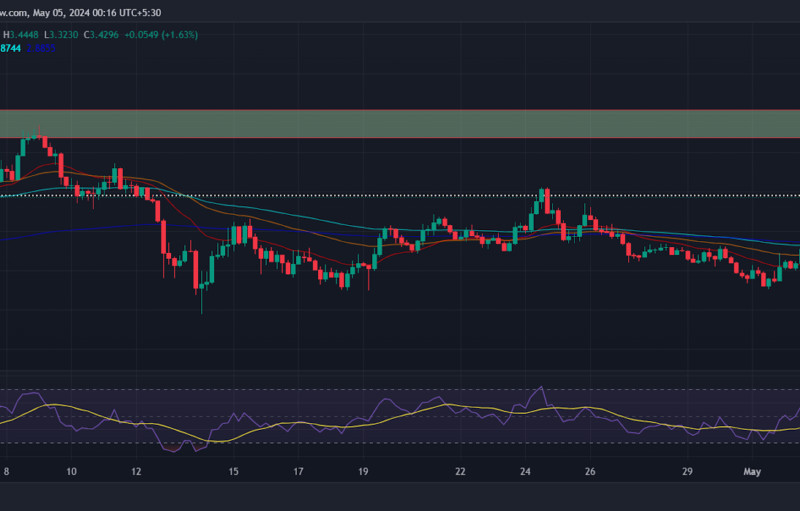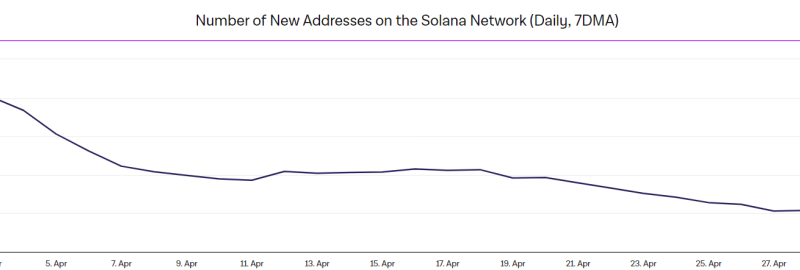
Cardano smart contracts were recently launched over the testnet but failed to meet the expectations. Following backlash on the updates, Charles Hoskinson stepped down to clarify the importance of the Plutus smart contracts. Plutus being built on the Haskell programming language received backlash from netizens around. Yet the upgrade aims to reform the DeFi Space with a wide variety of upcoming features.
Main Aim Of Cardano Smart Contracts
According to a survey by the Cardano team, problems such as privacy leakage, execution efficiency, and contract complexity had restricted the application scenarios of smart contracts. Consequently, the team believed the challenges to be countered are in 5 aspects, which are listed below:
- Frequently occurring vulnerabilities have resulted in the loss of billions of dollars throughout history.
- Incomplete design paradigms.
- Inefficient analysis tools.
- Low processing rate, and limited contract complexity.
- Lack of privacy.
In order to tackle the persistent factors, Cardano had to come up with an extended UTXO, that allows the user to write proofs quickly, accurately, and verify certain things about smart contracts. That said, it is advised to users coming from the account space, to minimize the number of transactions that are on the same script, so that there is no congestion.
Also Read: Ethereum Price Could Smash $50K and Solana Price $4K, But How & When?
Why Haskell Over Other Languages?
The extended UTXO is built for concurrency, interoperability, and analysis especially with Plutus. As Plutus is built on Haskell. Makers believe Haskell to be an appropriate language when the user wants to deal with formal methods and formal verification. And a lot of programmers in that industry prefer Haskell over other languages.
Plutus enables users to box off, what to run off-chain and what to run on-chain. However, the users will need both of them. Nevertheless, if the users still opine with not using Haskell, EVM is coming to the network, as early as next year, after the initial rollout of Plutus. Haskell was chosen over other languages, as it is the closest to math, and offers higher certainty.
There’s More On The Way!
Cardano is working on change management, which means ledger rules, the design of the system are changeable. Also more capabilities can be added to the system with a degree of regularity. Cardano aims at building a system that will serve central banks, exchanges, nation-states, performing billions to trillions of transactions every single day.
Summing up, Mr Hoskinson further says that ADA is a superset of Ethereum, and it will have the capacity for both models. That is inside the system and a side chain running a hundred to a thousand times more affordable.
Also Read: ADA Price Hovering Below $3! Will These Dates Act as a Catalyst for Cardano?
The post appeared first on Coinpedia






